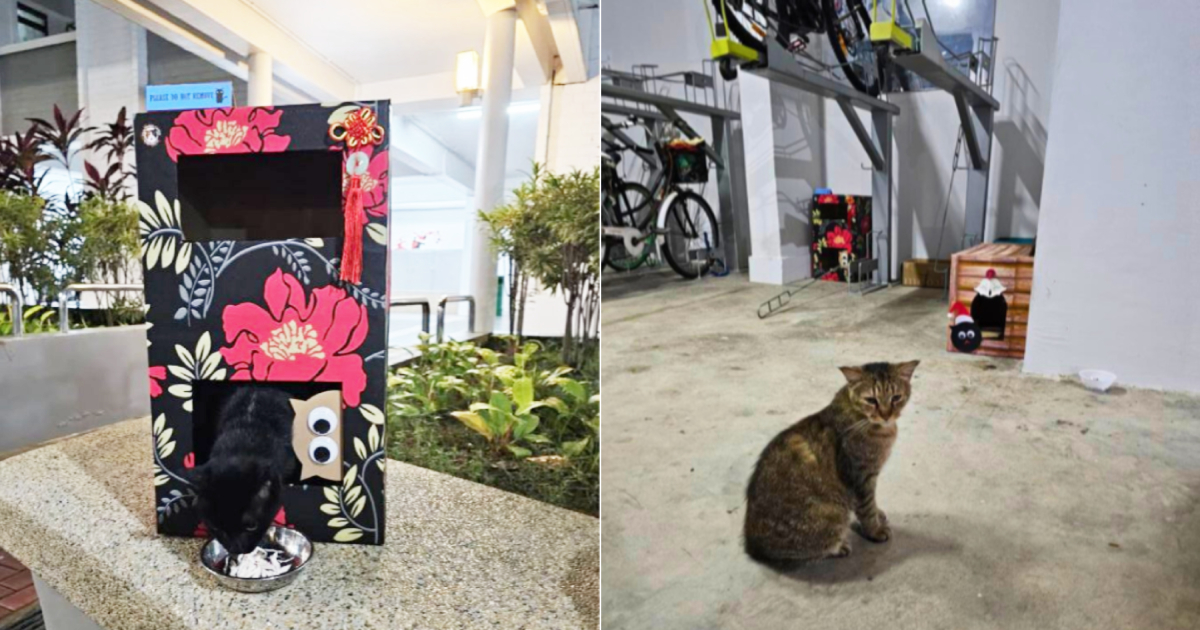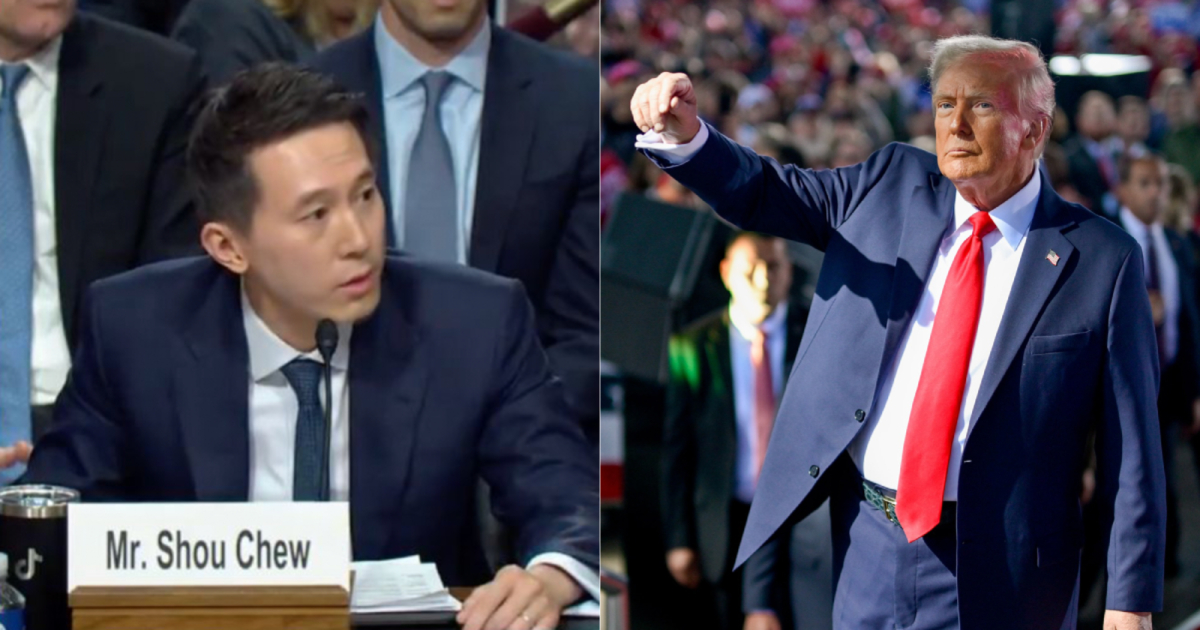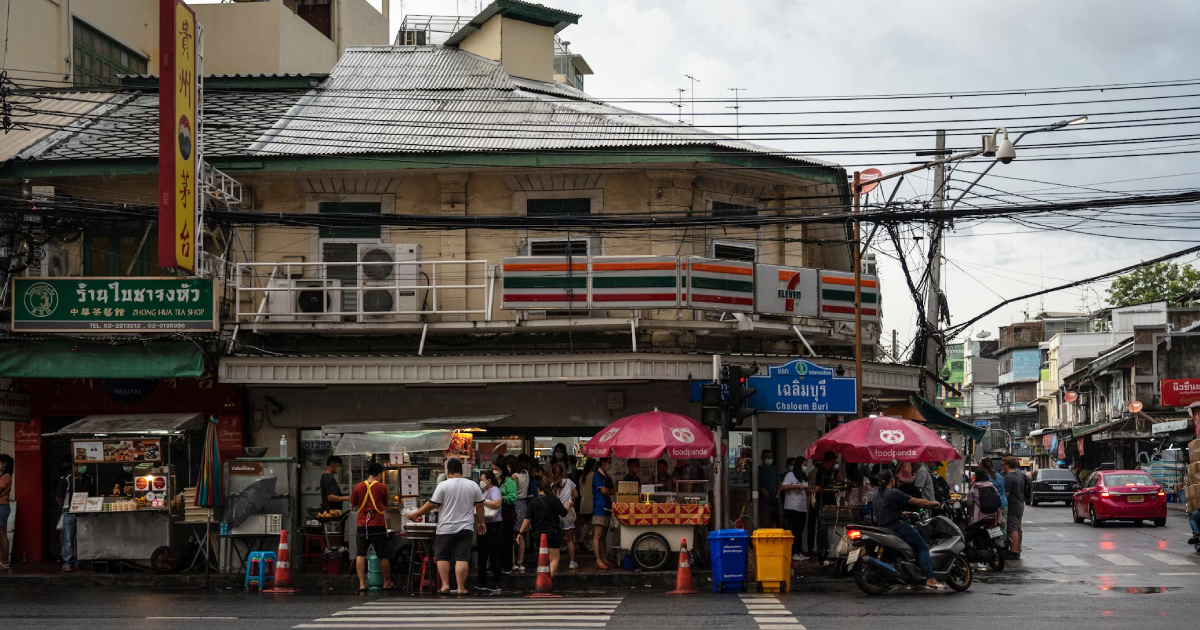Here's why Mark Lee's drag queen movie sequel, 'Number 2' is a bold step forward for S'pore cinema
To watch or not to watch?
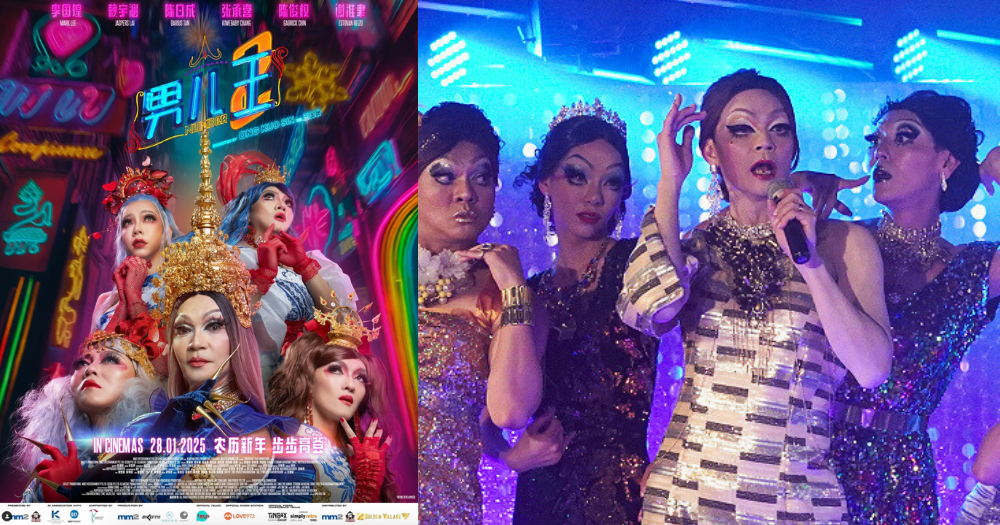
As a cinephile and former film student, I’ve always been intrigued by how the local cinema scene reflects and challenges societal expectations.
In a place like Singapore, where mainstream cinema often treads familiar waters, the local film scene has started to break new ground, pushing boundaries and telling stories that have traditionally been hidden beneath societal norms.
But the real question is: can they do it well?
So, when I was invited to preview the movie "Number Two", I was eager — though admittedly cautious.
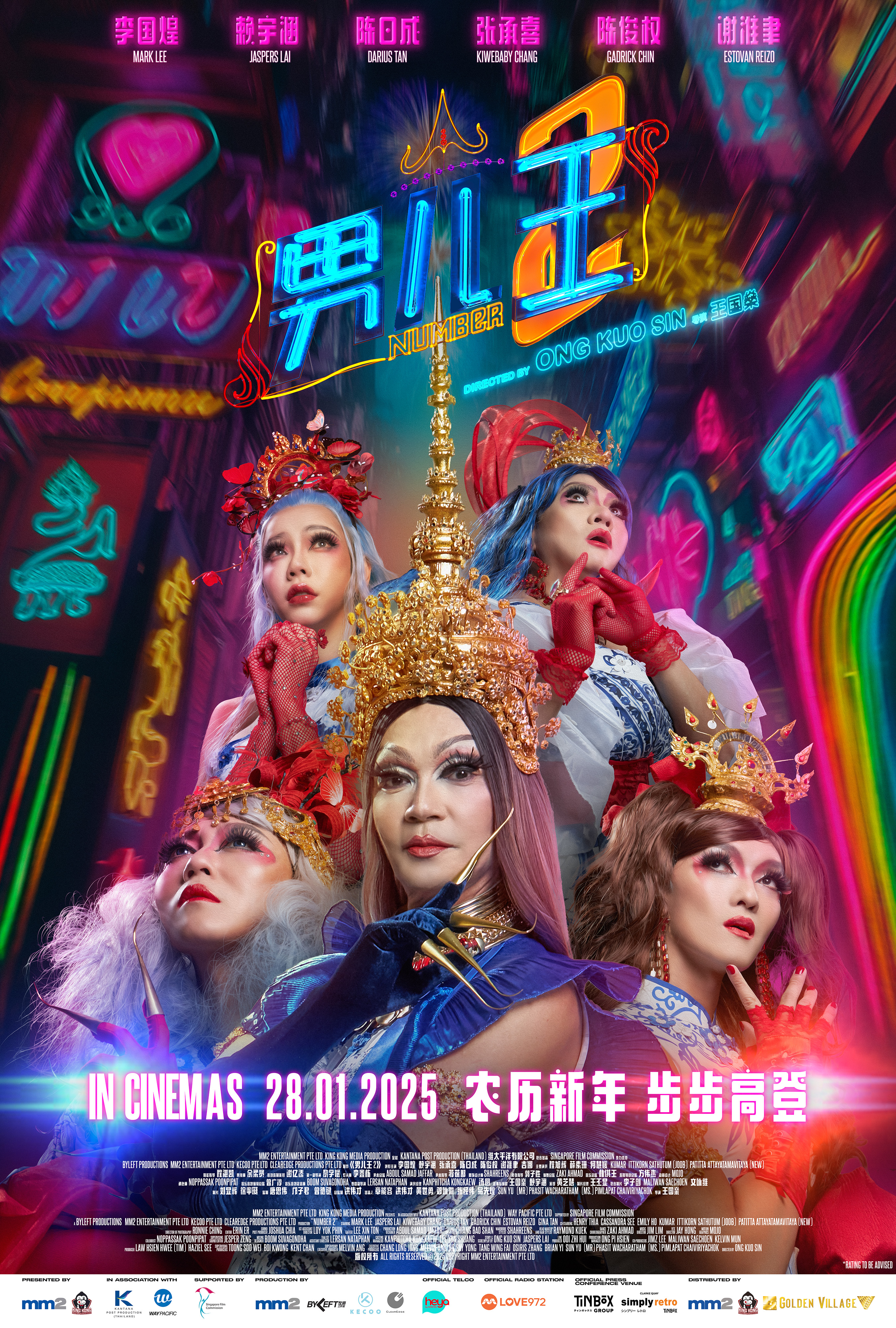 Photo courtesy of Golden Village.
Photo courtesy of Golden Village.
How could a local movie, in a society still grappling with issues of LGBTQ+ rights and representation, possibly tackle such sensitive themes without falling into cliché or oversimplification?
Well, I’ll admit, this movie proved me wrong in the best way possible.
"Number Two" is the sequel to "Number One", a 2020 Singaporean comedy-drama about Chow Chee Beng (Mark Lee), a jobless man who lands a role at a drag club.
The original cast — Mark Lee, Jaspers Lai, Darius Tan, Kiwebaby Chang, and Gadrick Chin returns as the Queens, a five-member drag queen group.
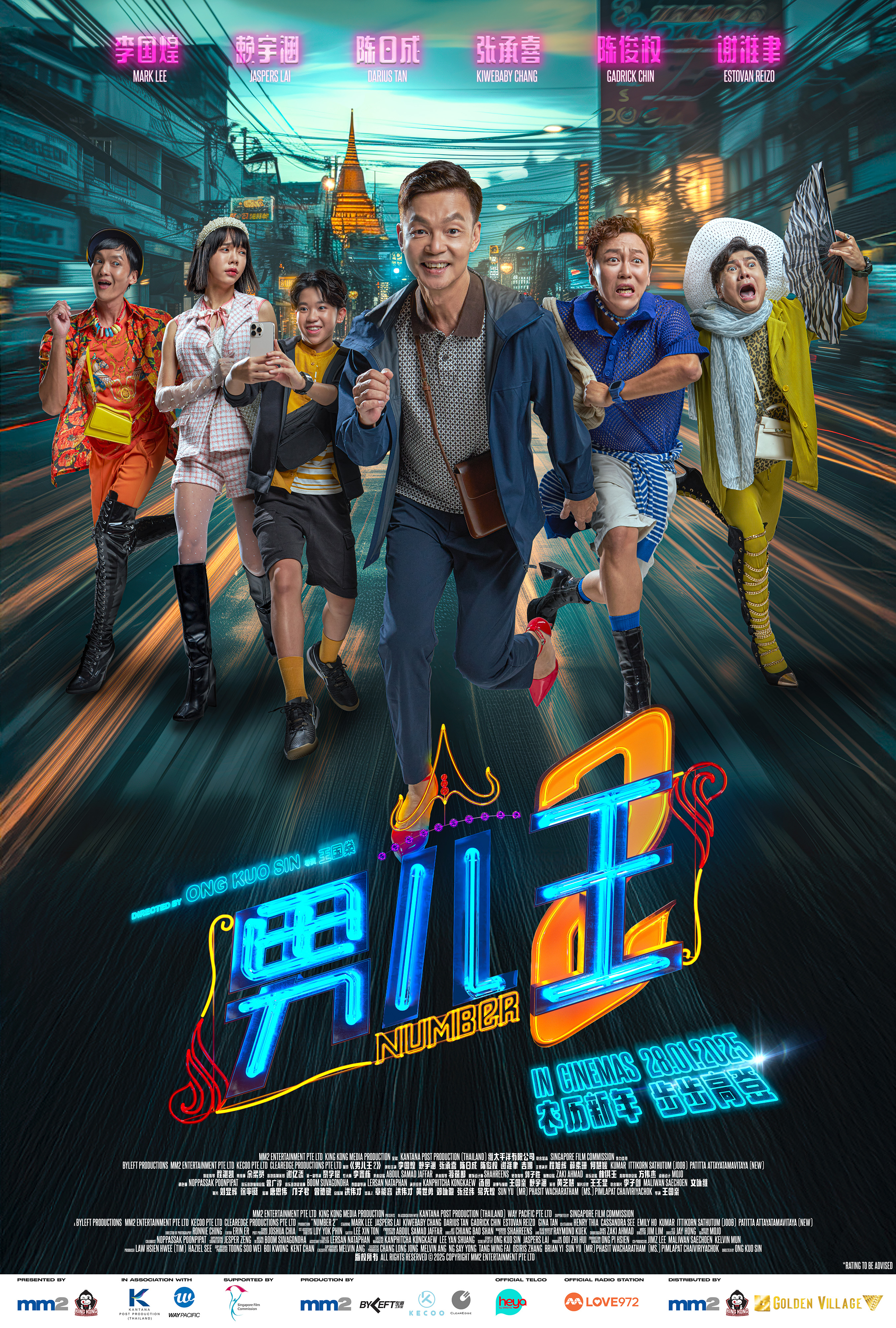 Photo courtesy of Golden Village.
Photo courtesy of Golden Village.
The story follows their journey to reclaim their former glory in a drag competition in Thailand, facing numerous challenges along the way.
Here's the trailer:
Breaking new ground
While the first film focused on the stigma surrounding the queer community, the sequel shifts to explore familial love, generational conflict and personal growth.
At its core, "Number Two" isn’t just a film about the art of drag, as I initially thought.
The film highlighted how the queer community is often misunderstood, focusing on the unique challenges drag queens face, not just in society at large, but also within their own families and personal lives.
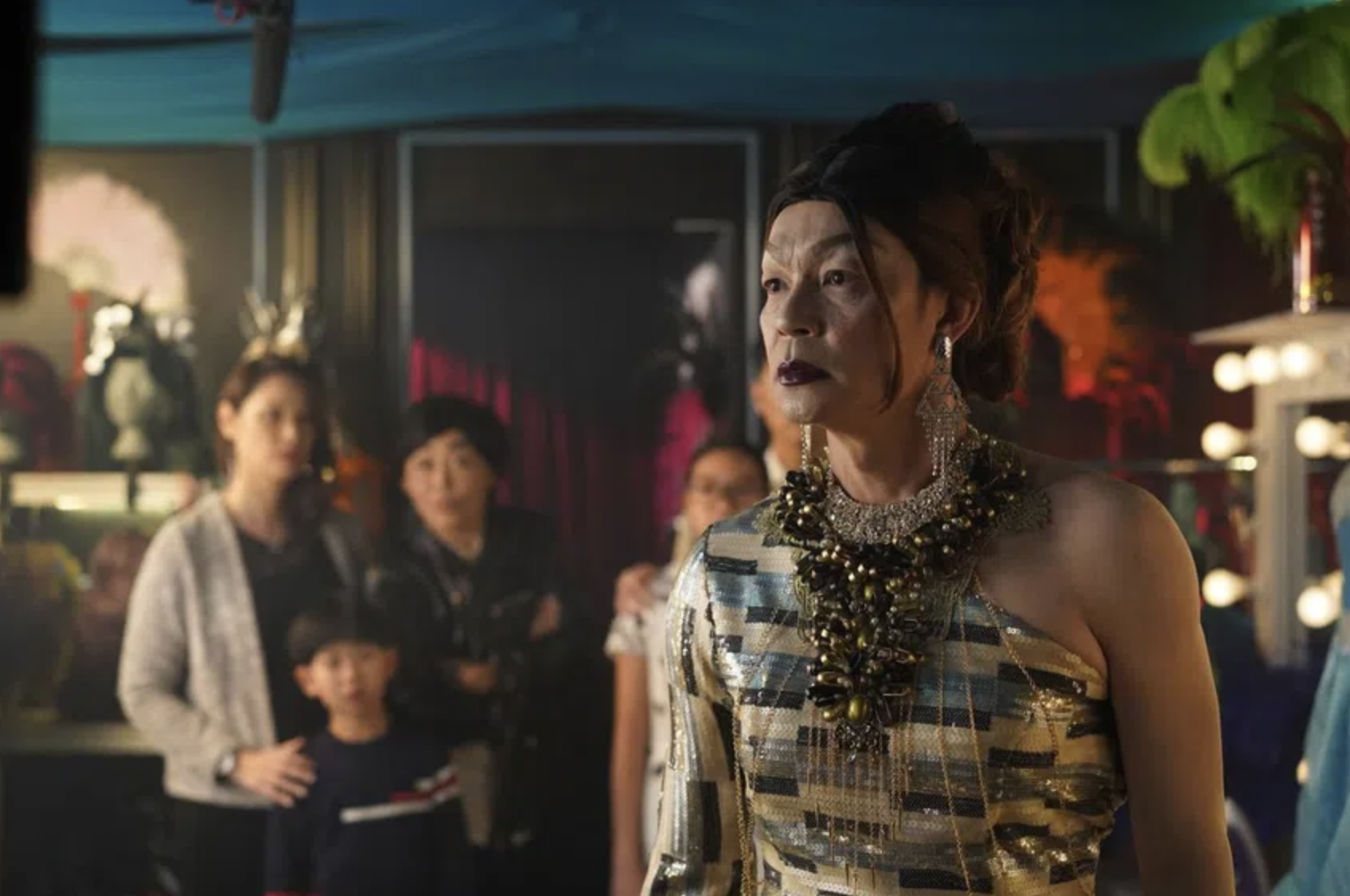 Photo from mm2 Entertainment.
Photo from mm2 Entertainment.
Warning: Lots of spoilers ahead.
Generational tension
While it continues to explore drag culture, it shifts its focus to the dynamic between a father, Chow, and his grown son, Mason, which many will find incredibly relatable.
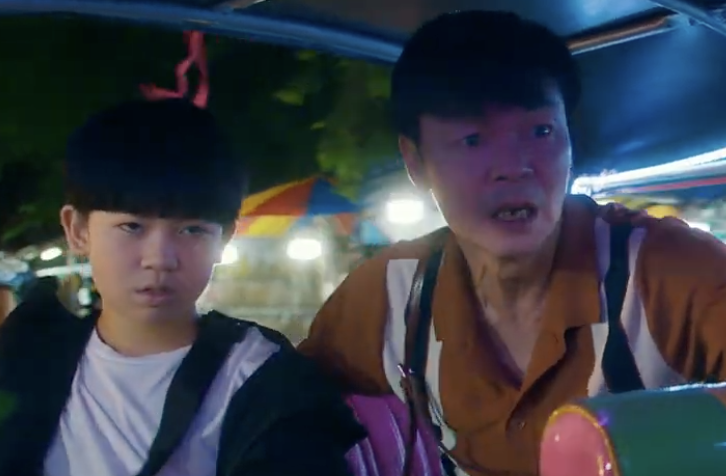 Photo from mm2 Entertainment.
Photo from mm2 Entertainment.
The bickering, the misunderstandings, the differing values between them — there was something so familiar about it like I was watching a mirror of my own relationship with my parents.
As a Gen Z, I couldn’t help but recognise the tension between those who have grown up with technology and those who have had to adapt to it later in life.
A notable example from the movie occurs when Chow repeatedly nags Mason to shoot their content videos in landscape mode, even though social media platforms typically display videos in portrait mode.
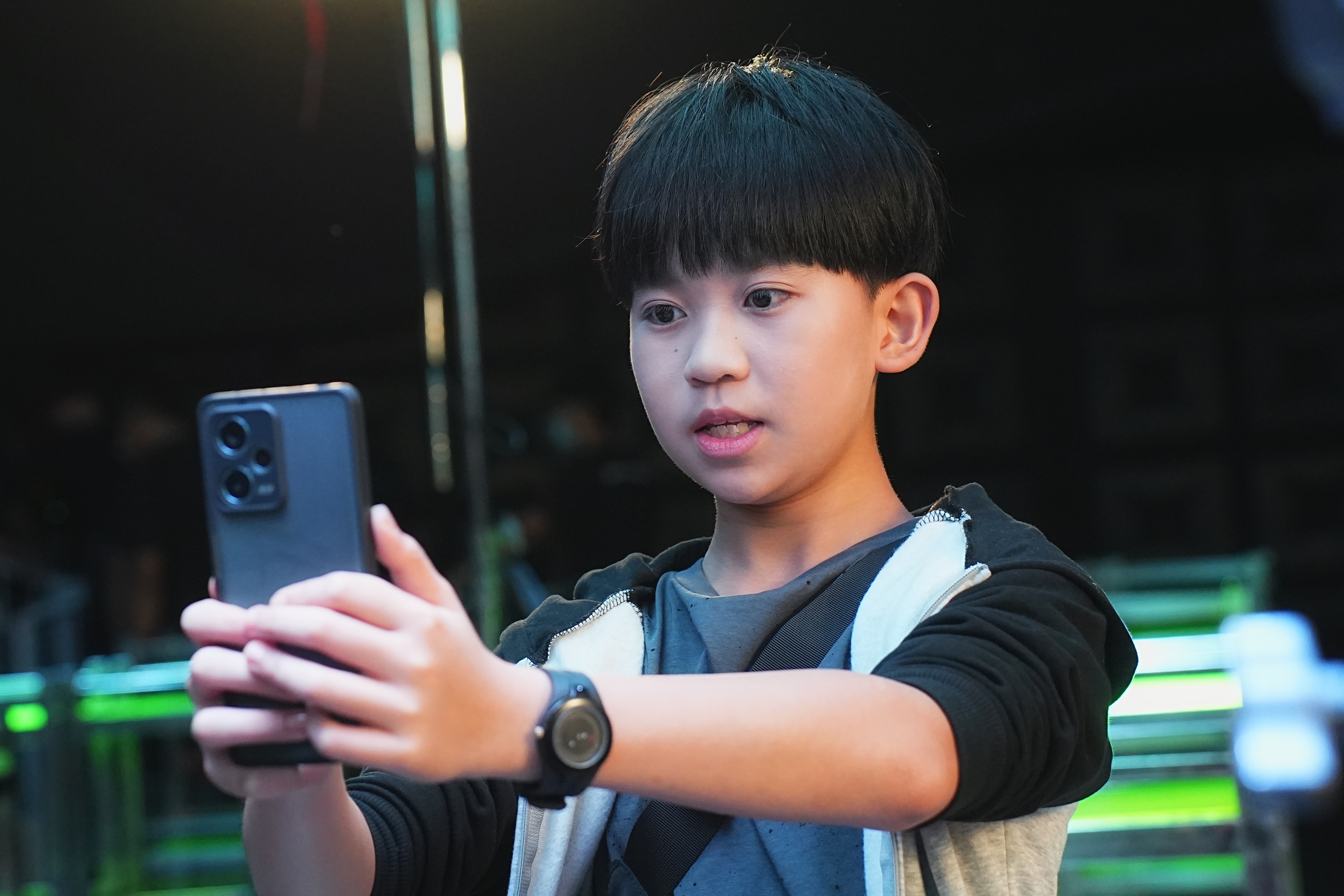 Photo courtesy of Golden Village.
Photo courtesy of Golden Village.
Mason, frustrated, dismisses his father’s insistence with, "You don’t understand one la," to which Chow responds, feeling disrespected.
It reminded me of the countless moments when I said the same exact line to my parents when there was difficulty relating to their perspectives.
The generational tension in the film felt raw and honest — there were no easy answers or magical resolutions.
One of the film’s most poignant moments comes toward the end when Mason films his father’s performance in landscape mode.
It’s a quiet, almost understated gesture, but one that carries significant weight.
Mason doesn’t just conform to his father’s outdated ways; instead, he finds a way to meet him halfway. And in doing so, they both grow, in small but meaningful ways and that, at least, was enough to keep the narrative moving forward.
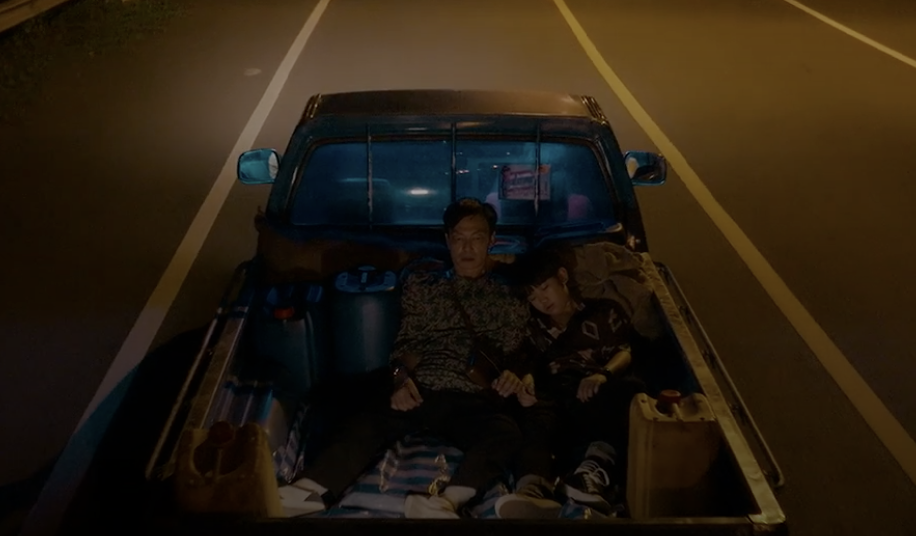 Photo from mm2 Entertainment.
Photo from mm2 Entertainment.
An exploration of unconditional love
One of the most touching aspects of the film is its portrayal of unconditional love between family members.
Chow’s wife, who disapproved of his job as a drag queen in the first film, now offers unwavering support in the sequel.
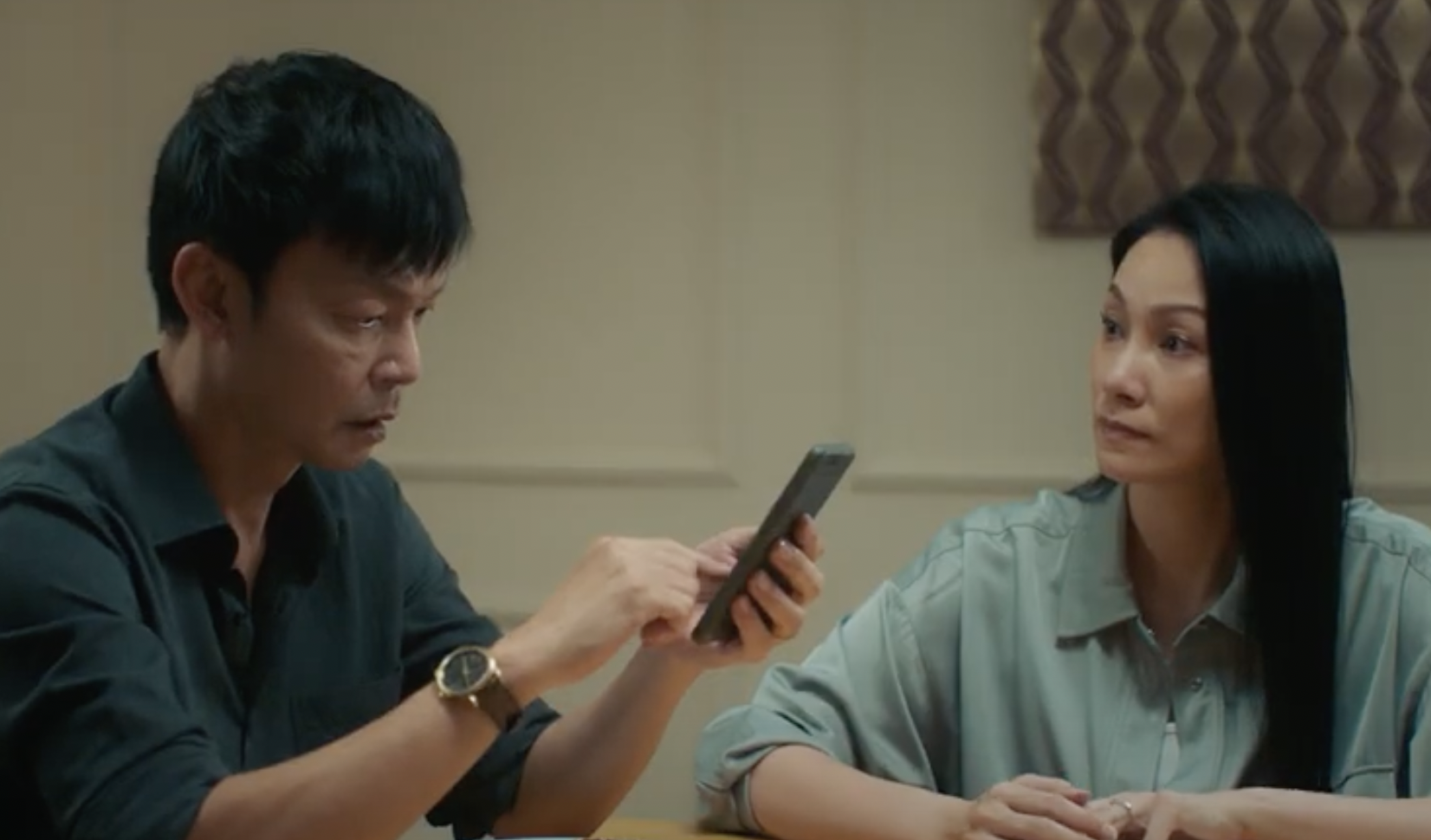 Photo from mm2 Entertainment.
Photo from mm2 Entertainment.
When Chow doubts his decision to compete in Thailand, she reassures him, saying, “I’ll wait until you get it right,” and she even travels to Thailand to perform in his place nearing the end of the film.
Aww, that line really hit me right in the feels.
The film also explores the strained relationship between Chow's teammate, Money (Jaspers Lai) and his father, who sabotages Money and his teammates, leading to their imprisonment.
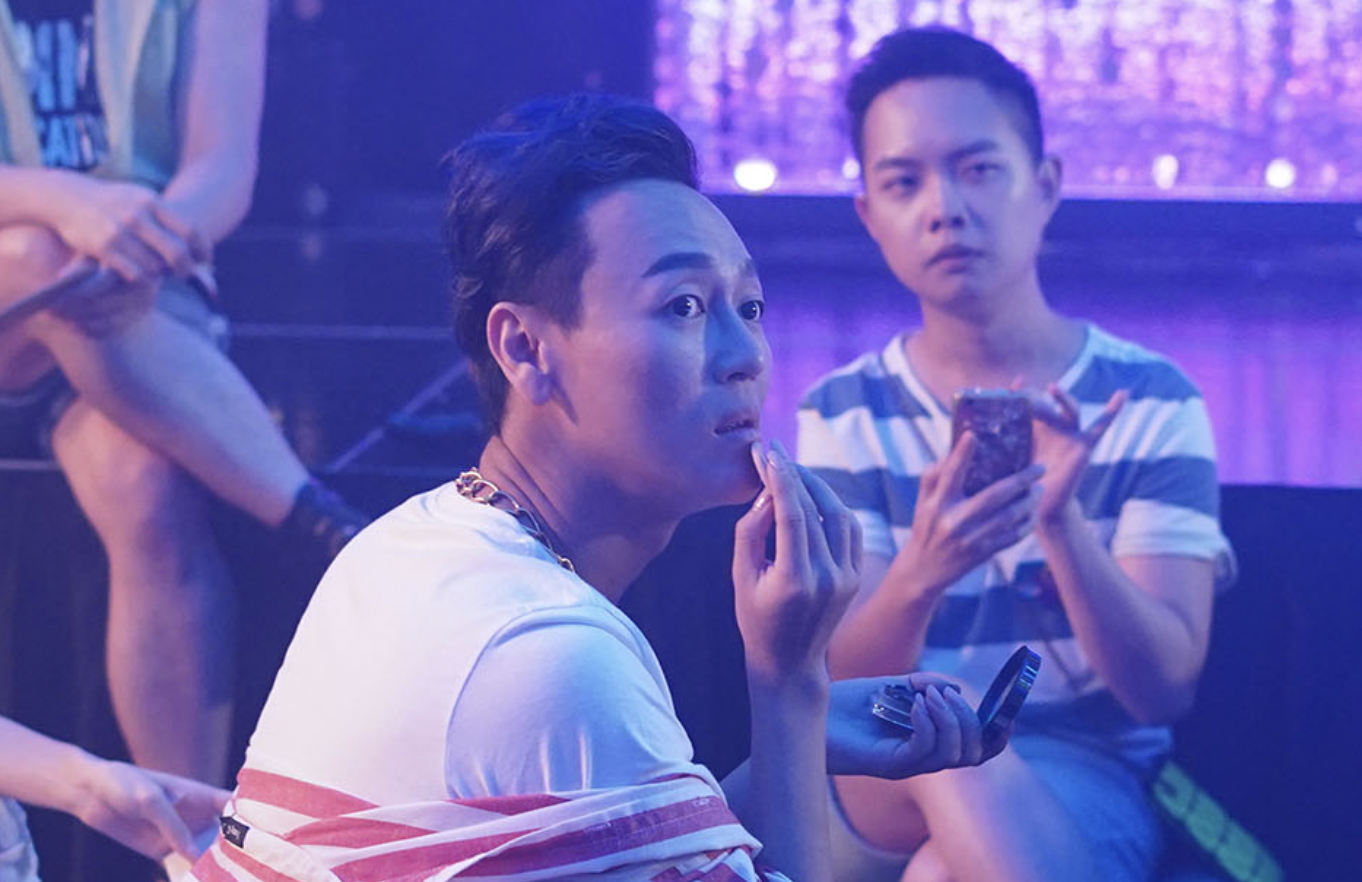 Photo from mm2 Entertainment.
Photo from mm2 Entertainment.
The father insists Money take over the family business, but Money stands his ground, saying he can't take over the business just as his father can't be a drag queen.
And all of this happens through a prison gate, by the way.
Though they reconcile after the father sees Money perform in the finals, the emotional progression feels rushed.
The ending is meaningful, but it leaves me wanting more closure on their relationship.
Discord in team dynamics
In the film, tension builds within Chow's team as his outdated ideas and resistance to change clash with the evolving perspectives of the younger generation.
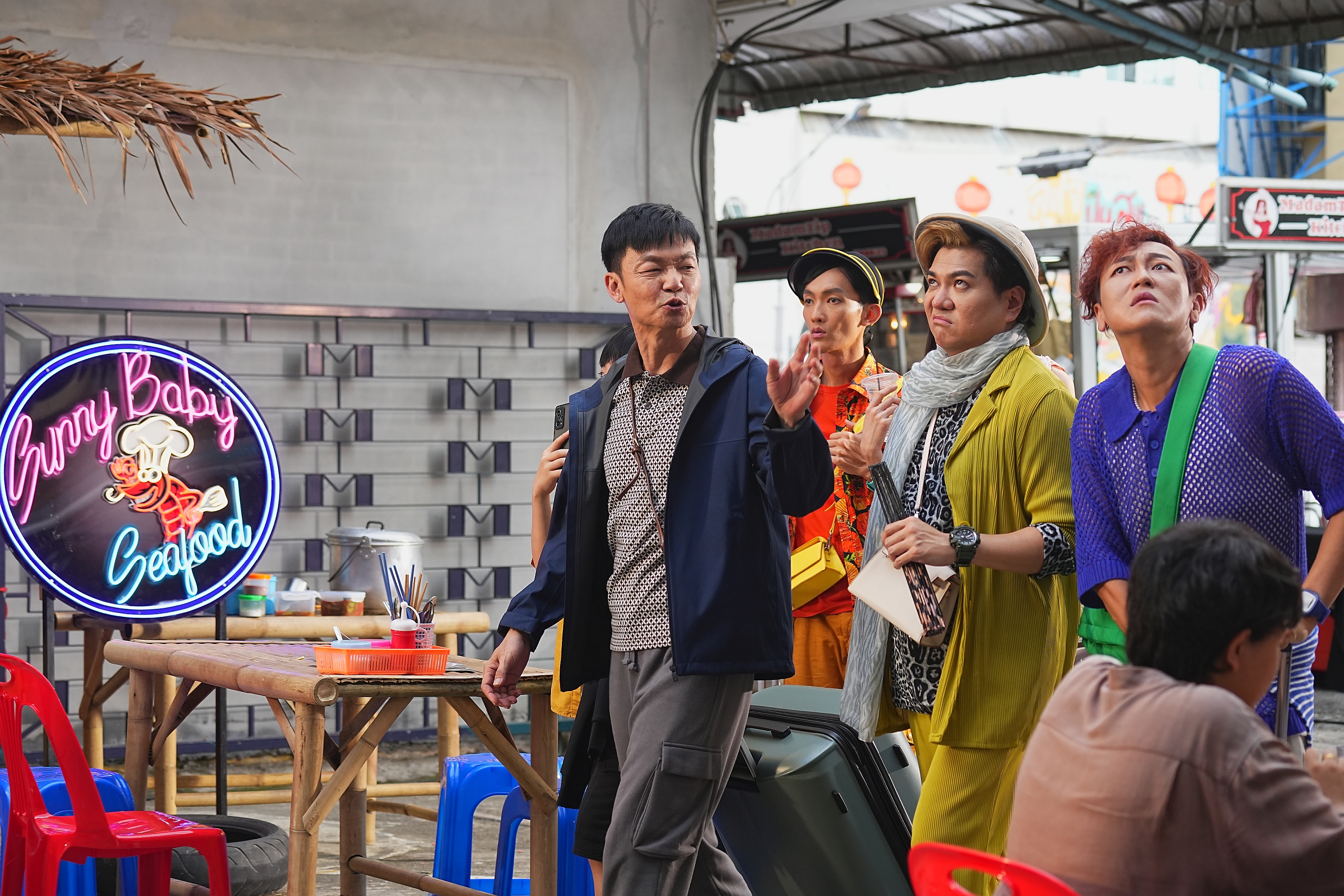 Photo courtesy of Golden Village.
Photo courtesy of Golden Village.
His "fat-shaming" jokes, once considered acceptable in "his generation", now cause discomfort among his teammates.
A pivotal moment occurs when Pearl (Kiwebaby Chang) confronts Chow for preventing her from defending herself in a fight, accusing him of disregarding her input and acting on assumptions.
Despite her emotional outburst, Chow refuses to acknowledge his mistakes, leaving the conflict unresolved.
After these key moments, the film leaves the tensions unresolved, only addressing them at the very end when Chow delivers a moving speech and finally apologises to his team members.
What about the new characters?
The sequel introduces a number of new characters, such as Sunny (Itthikorn Sathutum), a cheerful Thai restaurant owner who helps the team in Thailand.
Seeing him dressed in a maid costume and performing a dance at his restaurant reminded me of Mr. Mookata at Bugis, where Thai hunks in revealing outfits entertain customers with their dances.
Deja vu.
While Sunny is an optimistic and supportive figure, I found myself wishing for more context and backstory on his character.
His role in the film felt a bit too much like that of a “saviour” without much exploration of who he was.
I appreciated his kindness and willingness to help, but I would have loved to know more about his motivations and background.
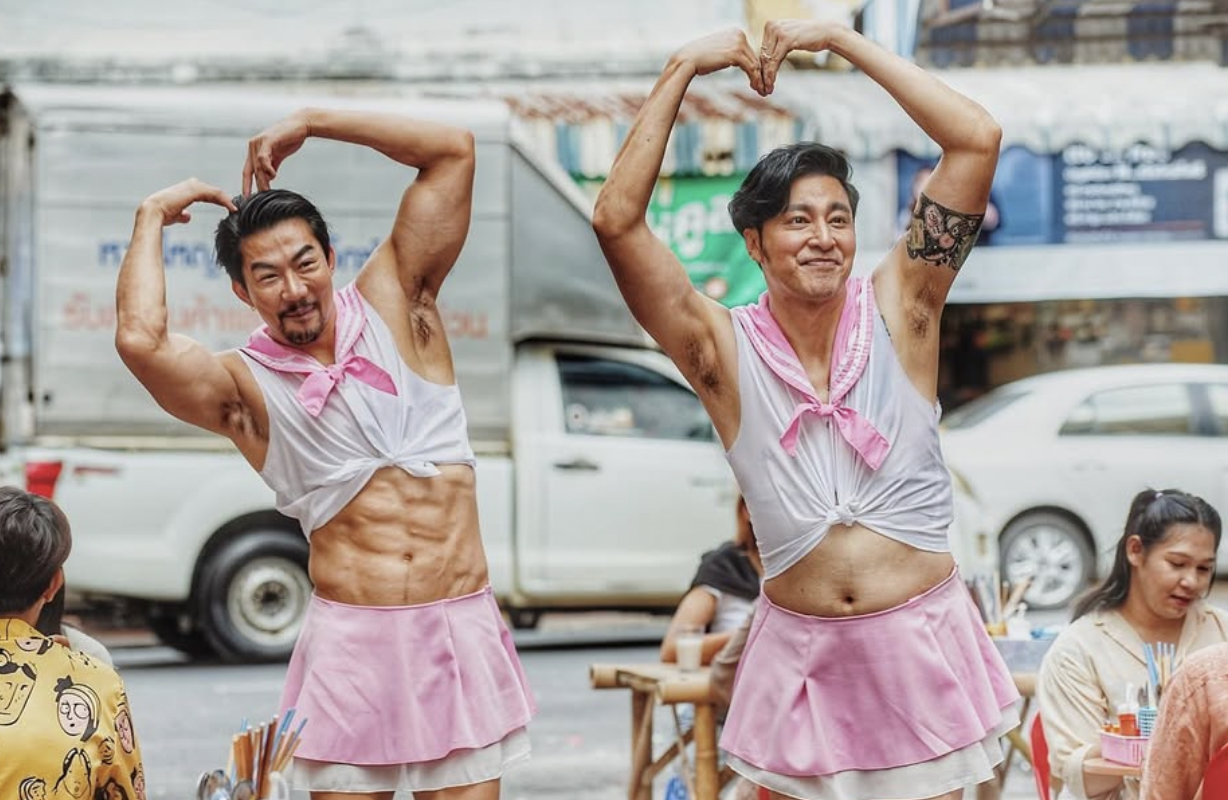 Photo from mm2 Entertainment.
Photo from mm2 Entertainment.
Moving the needle forward
The film doesn’t just offer a portrayal of the drag world, it uses the drag culture as a mirror to reflect the struggles faced by everyday Singaporeans.
The societal expectations, the judgments, and the pressures to conform are issues that all of us, regardless of our sexual orientation, can identify with.
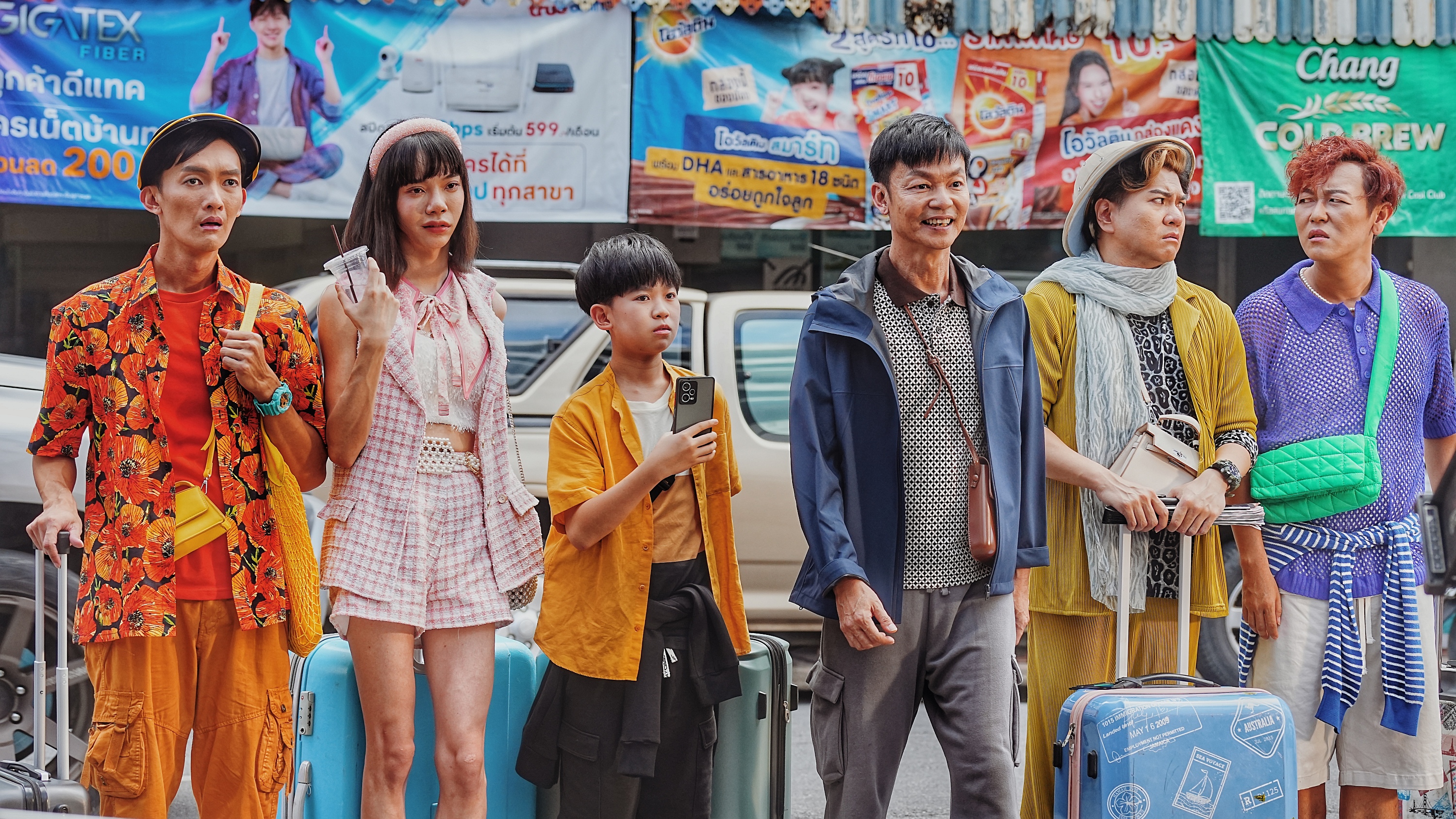 Photo courtesy of Golden Village.
Photo courtesy of Golden Village.
The movie also does a remarkable job of bridging the generational divide. It doesn’t paint the older generation as outdated or prejudiced but instead shows their struggles in adapting to a world that is rapidly changing.
This is an aspect that many older viewers may connect with, as the film calls for compassion and understanding rather than judgment.
As much as the movie challenges gender roles and societal expectations, it also challenges the audience to confront our biases, examine our relationships with our families and question the norms we’ve accepted for so long.
Final thoughts
Lee brought his character to life with such depth and authenticity, delivering emotions that resonated deeply, even through the big screen.
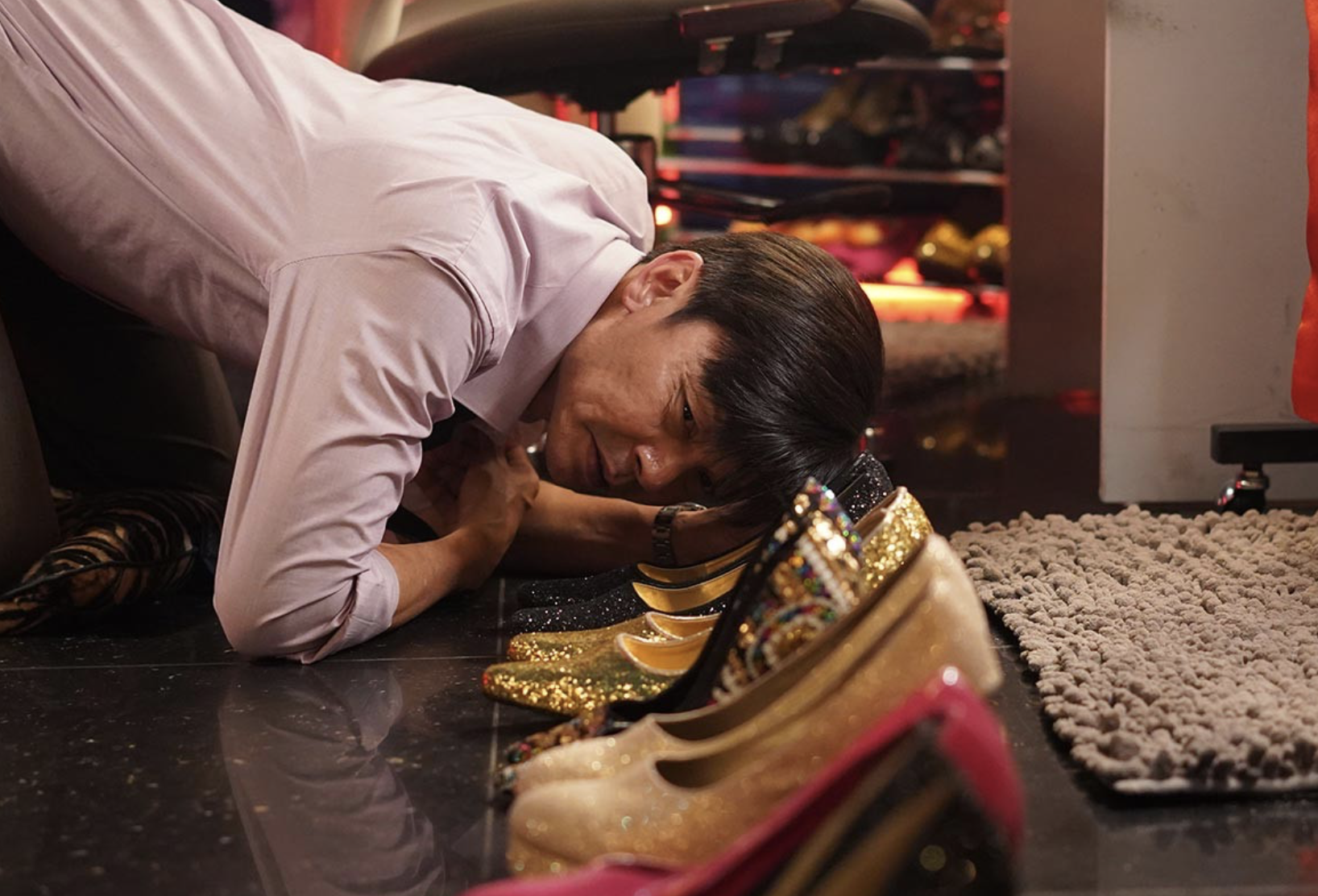 Photo from mm2 Entertainment.
Photo from mm2 Entertainment.
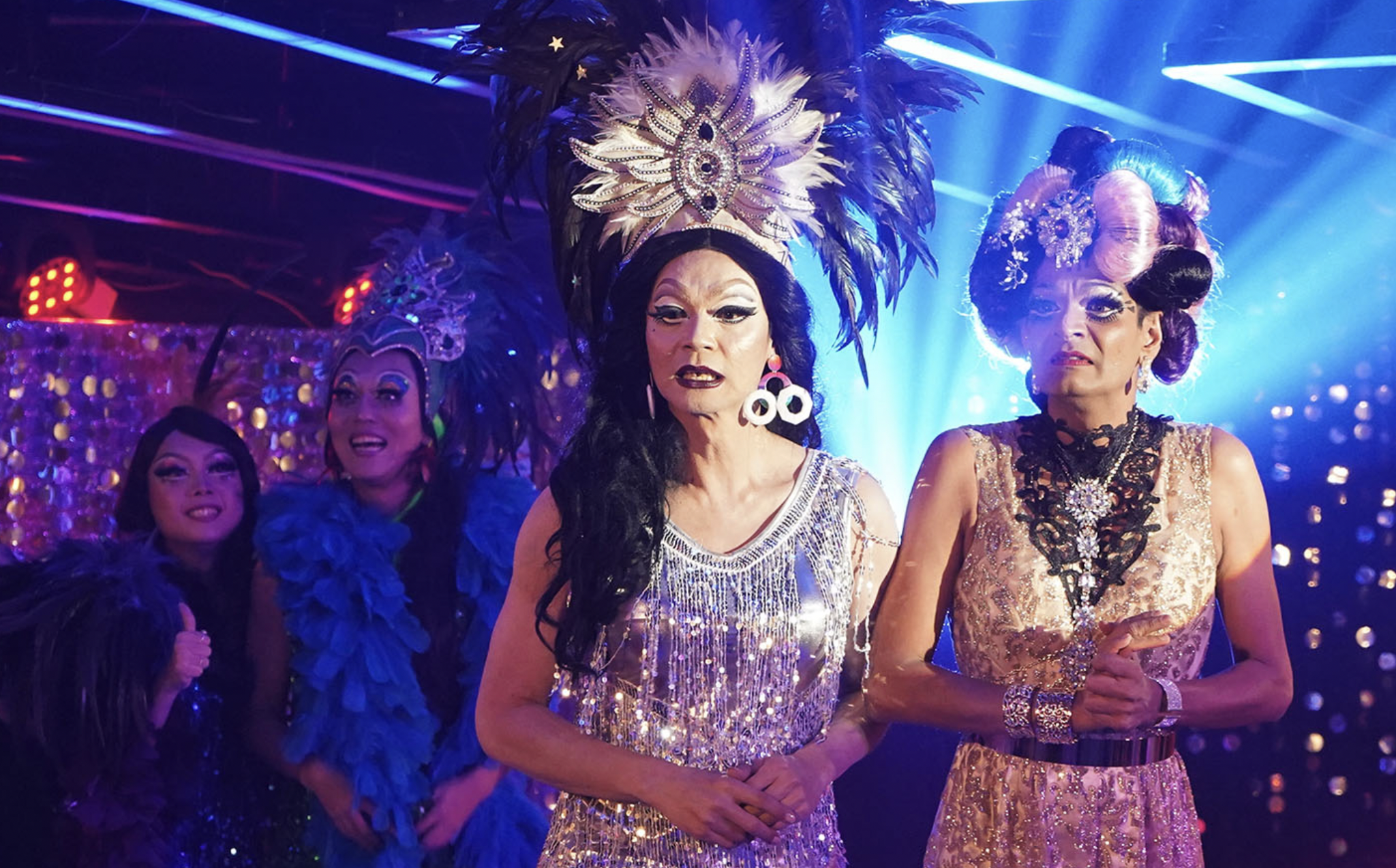 Photo from mm2 Entertainment.
Photo from mm2 Entertainment.
As my colleague pointed out, Lee's dialogue feels incredibly natural in the sequel, particularly in his scenes with his on-screen son.
Lee's performance in the first film earned him a Best Leading Actor nomination at the Golden Horse Awards and based on his work in "Number Two", it’s not far-fetched to imagine him walking away with the award this time.
Fingers crossed.
https://mothership.sg/2020/10/mark-lee-golden-horse-awards/?r404=/firewall/investment-account
From a Singaporean perspective, I couldn't help but feel moved by how this film reflects the evolution of Singapore's cinema, taking on themes that have long been hidden in the shadows of societal taboos.
It managed to shed light on stories that matter, providing a voice for those whose narratives have yet to be fully told.
And in a world that often feels divided, that message is more important than ever.
"Number Two" will be playing in cinemas islandwide on Jan. 28, 2025.
Top images via mm2 Entertainment.
MORE STORIES












